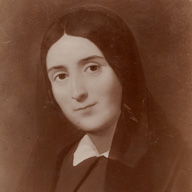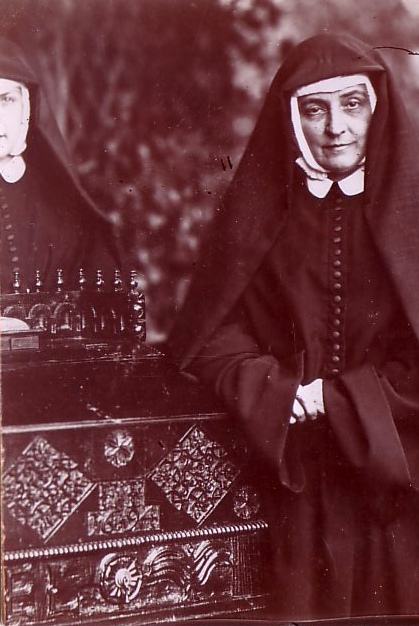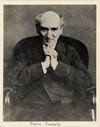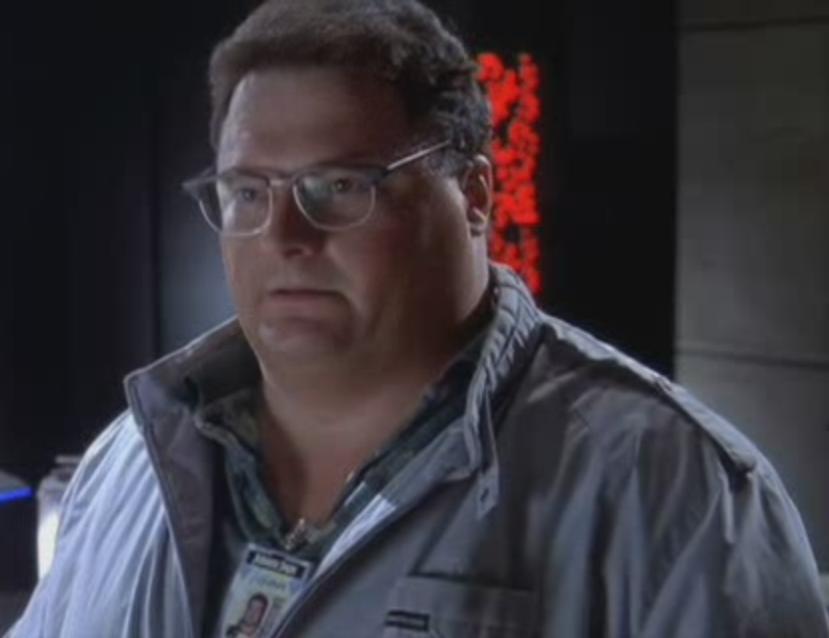As many of you know, I write crime fiction. In my case it's mostly historical in nature. And every once in a while, I have a reader pop up and tell me how they don't buy this or that situation in one of my stories. I've heard it over and over again.
"That would never happen," they say. "Who is that stupid?"
Now, we're not talking, "Slasher-flick–heroine–opening–the-front–door–after–finding–several–of–her–friends–run–through–a–vegamatic" stupid. After all, as far as I'm concerned, as a writer, I have an obligation to entertain my readers. And they have a right to trust that I won't stiff them once they've bought something I've written.
That's a funny word, "trust."
Webster's defines "trust" as: "belief that someone or something is reliable, good, honest, effective, etc."
And how does the old saying go? "It's getting so you can't trust anyone, these days." You've heard it, I'm sure.
It's never been more true than today. Especially when it comes to the Internet.
Everyone knows the stories, or maybe even someone who has been taken in by some or other internet scam– you know, Nigerian doctors, Ukranian brides, twists on the phone scams that ran before it, and three card monty con games that were around before phone lines.
It all really boils down to this:
 |
| Tell us all about that bank crash, Grandma! |
When you see it phrased that way, why on earth would anyone oblige them?
And yet it happens day after day after day.
E-commerce is built around a more honest permutation of this very principle. After all, money is a fluid commodity. And we as a society are well past the "I–don't–trust–banks–so–I–bury–my–savings–a–coffee–can" stage of a developing economy.
 |
| Yep, that's a Ferrari, alright. (File this one under #Firstworldproblems) |
Case in point: several years ago (nevermind how many, although it was well over a decade ago), a friend of mine became romantically involved with a political operative who worked on several high profile political campaigns. Once they got serious, the campaign for which my friend's new boyfriend worked sent over some "security people" to speak with my friend about some of her private proclivities.
Boy, was she red-faced.
Nothing more came of it, they just wanted her to be aware of how open her online actions were to being monitored. Talking to me about it afterward, red-faced as she was, she said "They did me a favor. I had no idea."
(There's a happy ending. My friend eventually married the guy. They're still together.)
In the years since then, we've had the Anthony Weiners and the Chris Lees of the world (See what I did there? One Democrat, one Republican, both hubristic boobs who ought to have known better.) showing us hubris over and over again, via the magic of Twitter and Craigslist, respectively.
 |
| Trust me when I say NO ONE wants to see this.... |
 |
| ...or THIS! |
I mean, hey, the two maroons cited above were public figures. Weiner especially was pretty high profile. He made the rounds of all of the Sunday talk shows, and was seen as a rising star in the House Democratic leadership at the time of his spectacular fall.
That these two were "indiscreet" would be to be to understatement.
When this sort of hubris is wedded to the "sucker" impulse listed at the beginning of this posting, that is where a certain manner of idiocy is brought drooling and dragging its knuckles into this 21st century world.
And that is when you get the Ashley Madison hacking scandal of the last couple of weeks.
If you're not up to date on what "Ashley Madison" is and why this is potentially such a big (and hilarious) deal, to read a quick overview of what's been going on, click here.
Demonstrating the type of willful, arrogant stupidity usually reserved for characters in a crime fiction novel (The works of Elmore Leonard, Donald E. Westlake–especially the "Dortmunder" novels– and Carl Hiassen all come to mind), a whole slew of people looking to cheat on their spouses signed up to cruise other people in the market for an extramarital affair, and in order to access the "special features" available only to paying member/customers, pony up their hard-earned ducats.
Usually by using a personal credit card.
Anyone else get the irony?
These people (and there are apparently thousands of them), looking to do something that most of society considers a fundamental betrayal of their wedding vows, looked around and saw a website hosted by a company that said: "Trust us" while demonstrating no quantifiable reason to do so.
And yet they did, in droves.
Apparently part of the sales job on the part of the folks at Ashley Madison was a guarantee that anytime a member wanted to quit and erase their cybertracks, such service would be cheerfully provided by the friendly folks expediting their screwing around on their spouse, and all for the low, low price of $19.00!
 |
| Uh–HUH....And let me know when *Elvis* gets here... |
In an age where the names and social security numbers of hundreds of thousands of government employees can be hacked from such federal agencies as the Office of Personnel Management, where Target loses tens of thousands of the credit card numbers of customers, and where your bank calls you several times a year to ask whether you just bought a Happy Meal at a McDonalds' in Florida, nevermind that you're talking to them from your house phone at home in Minnesota, several thousand people believed the assurances of this company.
Turns out the folks at Ashley Madison (*gasp*) lied!
The $1.7 million the company made last year from offering this service alone is (along with the opportunity to unmask and publicly shame cheating spouses) a major reason why the shadowy group claiming responsibility for this hack decided to target Ashley Madison.
This is fact, not fiction.
And in the weeks and months to come, I am certain we will continue to hear about some of the fallout associated with the unmasking of these would-be philanderers. (Let me say up front that while I have little sympathy for those caught out by this hack, I have boundless sympathy for their spouses). I have no doubt that many of my colleagues in the crime writing community are already beginning to flesh out story ideas born from their research into this event.
So the next time you're reading a novel and you come to a point you find implausible, think twice before you dismiss it with a statement like, "That would never happen."
Because it can.
And it has.
Trust me.









 Okay, so there's no mystery here unless you are mildly curious about a bunch of grapes. It's also not about wine making or the wrath of the grapes or even the hilarious Lucy episode of stomping grapes.
Okay, so there's no mystery here unless you are mildly curious about a bunch of grapes. It's also not about wine making or the wrath of the grapes or even the hilarious Lucy episode of stomping grapes.































